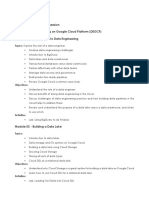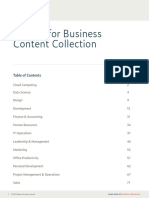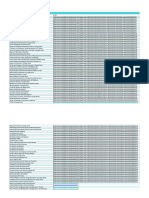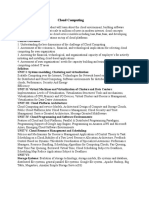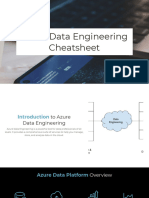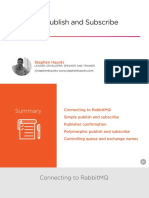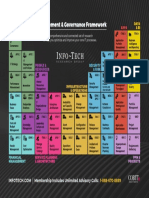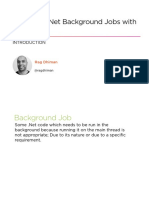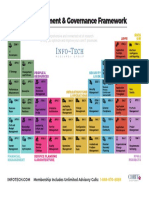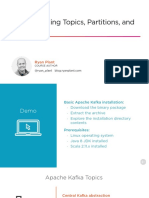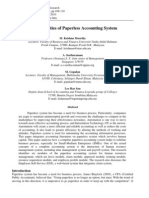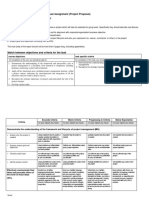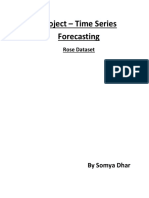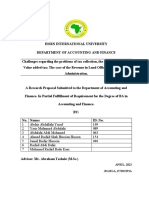0% found this document useful (0 votes)
72 views35 pagesGoogle Cloud Guide for Beginners
This document provides an overview of Google Cloud Platform concepts and services organized by skill level. It covers fundamental concepts like cloud computing models, GCP services for storage, data processing, analytics and machine learning. It also covers more advanced topics like data warehousing, streaming data, and data and machine learning pipelines.
Uploaded by
ancgateCopyright
© © All Rights Reserved
We take content rights seriously. If you suspect this is your content, claim it here.
Available Formats
Download as PDF, TXT or read online on Scribd
0% found this document useful (0 votes)
72 views35 pagesGoogle Cloud Guide for Beginners
This document provides an overview of Google Cloud Platform concepts and services organized by skill level. It covers fundamental concepts like cloud computing models, GCP services for storage, data processing, analytics and machine learning. It also covers more advanced topics like data warehousing, streaming data, and data and machine learning pipelines.
Uploaded by
ancgateCopyright
© © All Rights Reserved
We take content rights seriously. If you suspect this is your content, claim it here.
Available Formats
Download as PDF, TXT or read online on Scribd
/ 35



